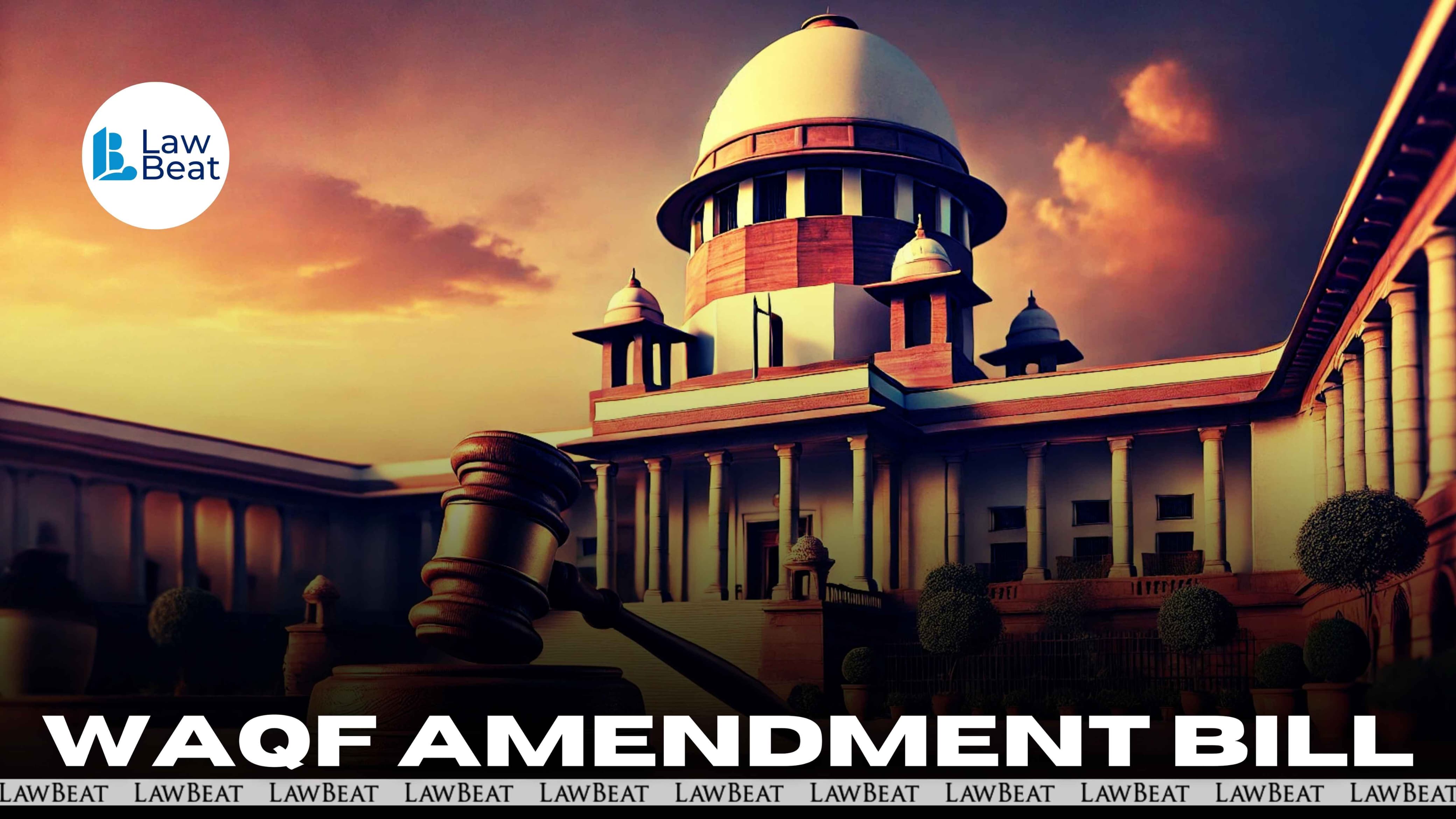SC to List Pleas Challenging Constitutional Validity of Waqf Amendment Act

The matter was mentioned before the CJI-led bench by Senior Advocate Kapil Sibal, appearing on behalf of the President of Jamiat Ulama-i-Hind
Amid a slew of petitions challenging the constitutional validity of the Waqf (Amendment) Act, 2025, the Supreme Court on Monday, April 7, agreed to list the pleas for hearing.
The matter was mentioned before a bench comprising Chief Justice of India Sanjiv Khanna and Justice Sanjay Kumar today.
Senior Advocate Kapil Sibal, appearing for Jamiat Ulama-i-Hind, mentioned the matter, seeking an urgent listing.
Hearing this, the CJI said he would look at the mentioning letter in the afternoon and list the pleas.
The Waqf (Amendment) Act, 2025, received presidential assent on April 5 after it was passed by the Rajya Sabha on April 4 with 128 votes in favour and 95 against. Earlier, on April 3, the Lok Sabha passed the Bill with 288 members voting in favour and 232 against.
Several pleas have been filed before the court assailing the Act. On April 6, a petition was filed by Samastha Kerala Jamiathul Ulema, claiming that the act was unconstitutional.
Aam Aadmi Party (AAP) MLA and chairman of Delhi Waqf Board Amanatullah Khan on Saturday also moved the Supreme Court of India challenging the constitutional validity of the Waqf (Amendment) Bill, 2025. Contending that the bill curtails the autonomy of Muslims, his plea alleged that, "the bill curtails the religious and cultural autonomy of Muslims, enables arbitrary executive interference, and undermines minority rights to manage their religious and charitable institutions. The Petitioner, an elected representative and concerned citizen, seeks urgent intervention of this Hon'ble Court to safeguard the secular and constitutional fabric of the country."
All India Majlis-e-Ittehadul Muslimeen (AIMIM) Member of Parliament Asaduddin Owaisi also approached the top court challenging the bill. In his petition, Owaisi termed the Bill 'unconstitutional'. He argued that the bill brazenly violates the fundamental rights of Muslims and the Muslim community.
In a related development, Congress MP Mohammad Jawed, a member of the Joint Parliamentary Committee that reviewed the bill, also moved the top court challenging it. He contended that the bill violates Articles 14, 25, 26, 29, and 300A of the Constitution. He also raised concerns regarding the proposed inclusion of non-Muslim members in Waqf Boards and the Waqf Council.
Notably, the bill, introduced by Union Minority Affairs Minister Kiren Rijiju on August 28, 2024, in the Lok Sabha, aimed to amend the Waqf Act, 1995, to address management issues surrounding waqf properties.
The amended Act provides that waqf can be created by individuals practising Islam for at least five years, replacing earlier provisions that included non-Muslims. In the Waqf laws of 1913, 1923, 1954, and 1995, waqf was exclusively defined as a permanent dedication of property by individuals professing Islam. However, a 2013 amendment to the 1995 Act broadened the definition, allowing property to be dedicated as waqf by persons of any faith, including non-Muslims.
The Act also replaces the Survey Commissioner with the District Collector, who will oversee waqf property surveys and resolve disputes over ownership.
Additionally, the Act introduces mandatory non-Muslim members in both the Central Waqf Council and State Waqf Boards, breaking from the tradition of exclusively Muslim representation. It grants state governments the authority to nominate all board members, including two non-Muslims and members from Backward Classes of Muslims, Shias, and Sunnis.
